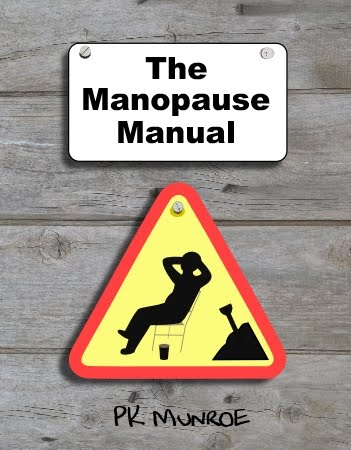An author with a new book should immediately be put on some kind of At-risk Register. The danger is that you will get the marketing bug and devise increasingly obsessive schemes to shift copies of your book. From personal experience, here are the symptoms:
This behaviour is so common among authors, both new and established, that it hardly merits a mention. It would be fun to install a time-lapse camera covering the humour titles in Daunt Books (Marylebone High Street, London), where everything is so frequently 'author adjusted' that the book-buying public must be completely baffled. I would love to catch [enter name of author here - or possibly his mum] in the act.
If it's in stock, re-arrange on the shelf for maximum prominence (see above). If it's not in stock, decline the offer to order the book ('no thanks, I need it now'). The idea is to make bookshop staff believe there is enough demand to make it worth ordering.
Elated when it gets above position 10,000; dashed when it falls below 200,000. Spend considerable time wondering how these ratings are generated, and discussing this with family and friends. In order to get a handle on it, seriously consider buying a copy of the book on Amazon just to see what it does to the rating.
Go onto Amazon every day, clicking through to your book in order to give Amazon the impression that it is very popular.
This is essentially superstitious behaviour. The idea is that frequent activity around your book may push it up the Amazon ranking system, or persuade them to recommend it to other buyers, or something.
There is an equivalent technique in fly-fishing, where the angler tries to tempt a big trout by continuously casting their fly over the fish, to give it the impression that a hatch of flies is going on. (It can work on fish.)
These days Amazon has tightened up on bogus reviews. A reviewer must have bought something on Amazon first, so you may also need to nag friends and family to buy something insignificant there, so they can write a review.
Create an email account under a false name, buy something insignificant on Amazon, and write a review yourself (not too gushing).
Feel surprised by how easy it was to step over this ethical line.
Purchase a copy of the book on Amazon to see how this will affect the rating.
Become depressed by what a large difference one sale makes.
Phone up a few independent bookshops to ask if they would consider stocking the book.
Jubliant when one or two agree. This seems a profitable activity, so:
Phone up some Waterstones bookshops to ask if they would consider stocking the book.
As your confidence grows, find yourself increasingly unwilling to hang up until they have agreed to do so.
Partner starts to express concern about obsessive behaviour.
Wheedle extra copies of the book from the publisher, and send them to famous people with a covering letter explaining why the book is just up their street.
Hide this activity from partner.
Spend late nights on the internet collecting email addresses of dozens of bookshops. Write them a carefully-crafted, personalised email asking if they would consider stocking the book.
Partner complains loudly and often about obsessive behaviour.
Seriously consider selling the book on the street, possibly from a stall at the local farmers' market.
Partner leaves.
Receive statement of sales from publisher. You have sold [insert small number] copies.
Calculate that all your efforts have added £ [insert tiny number] to your earnings.
Gradually come to your senses.
Until next time.









